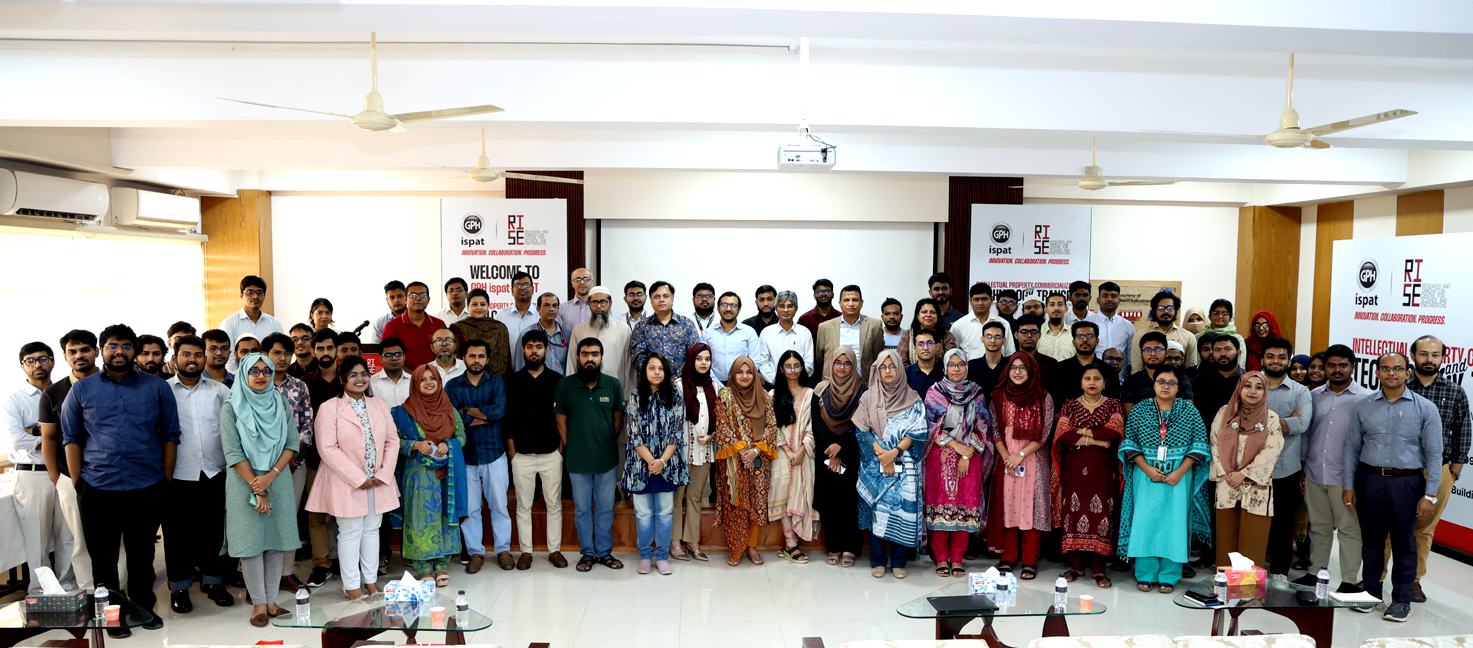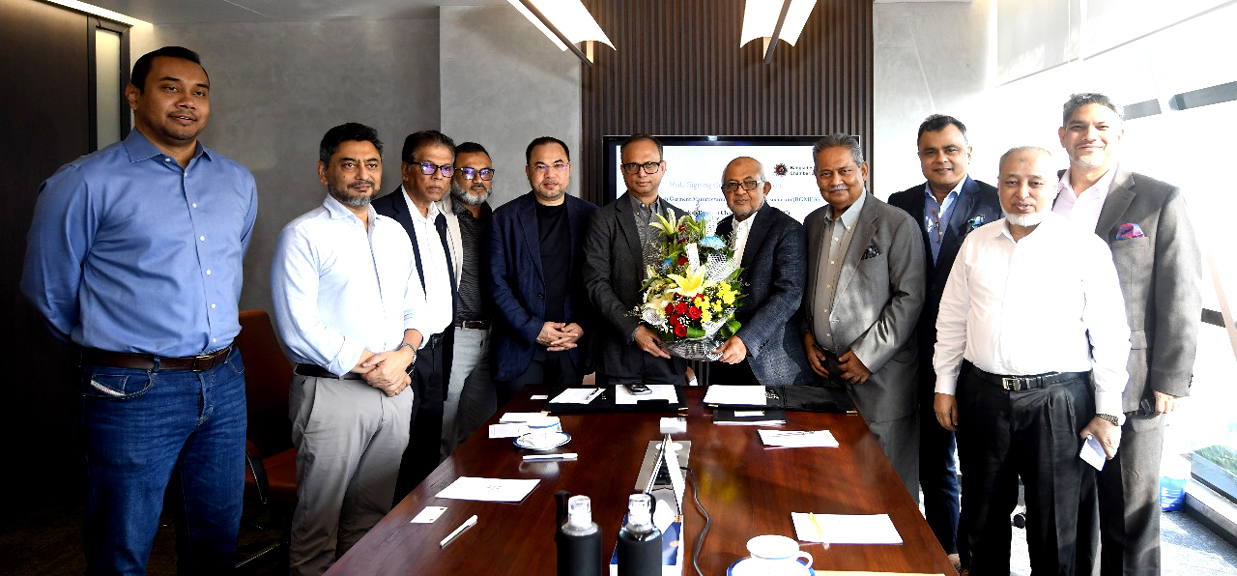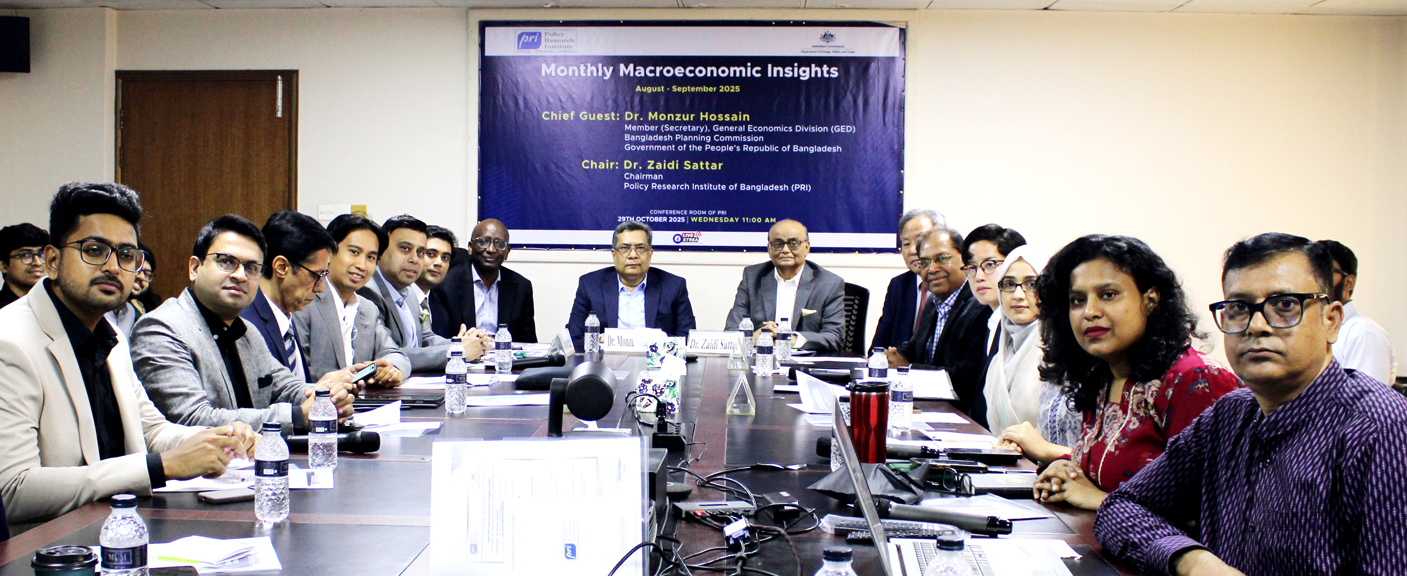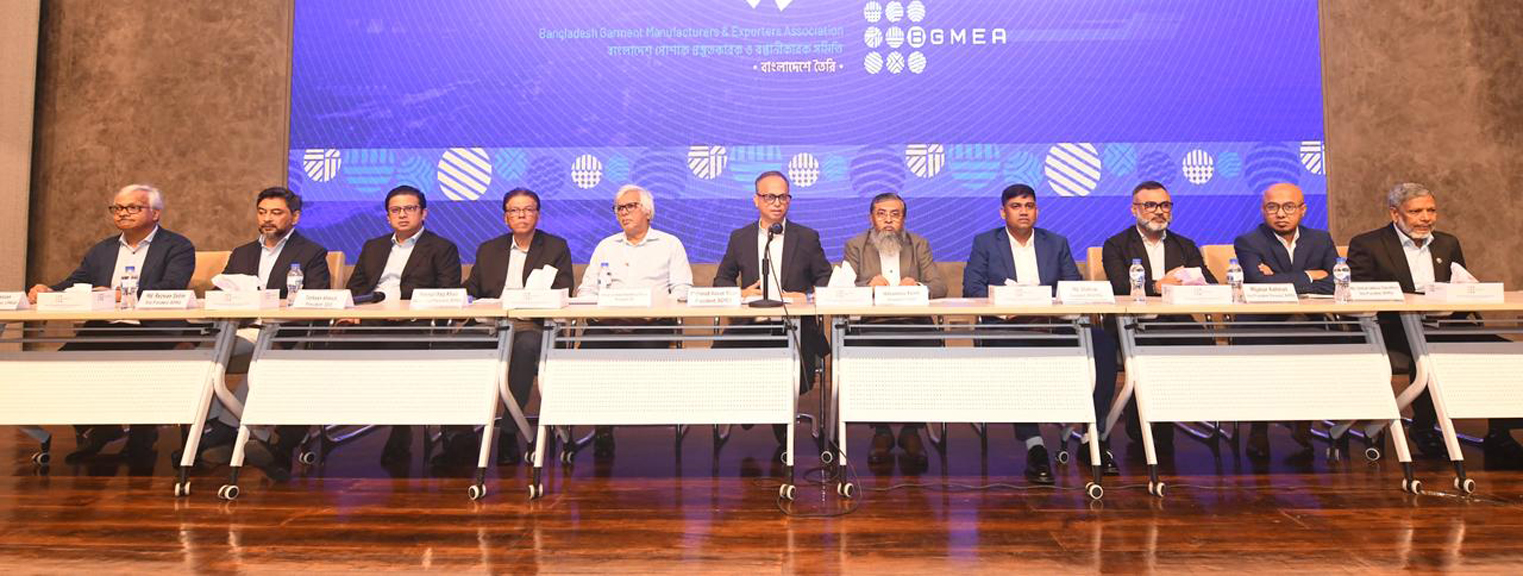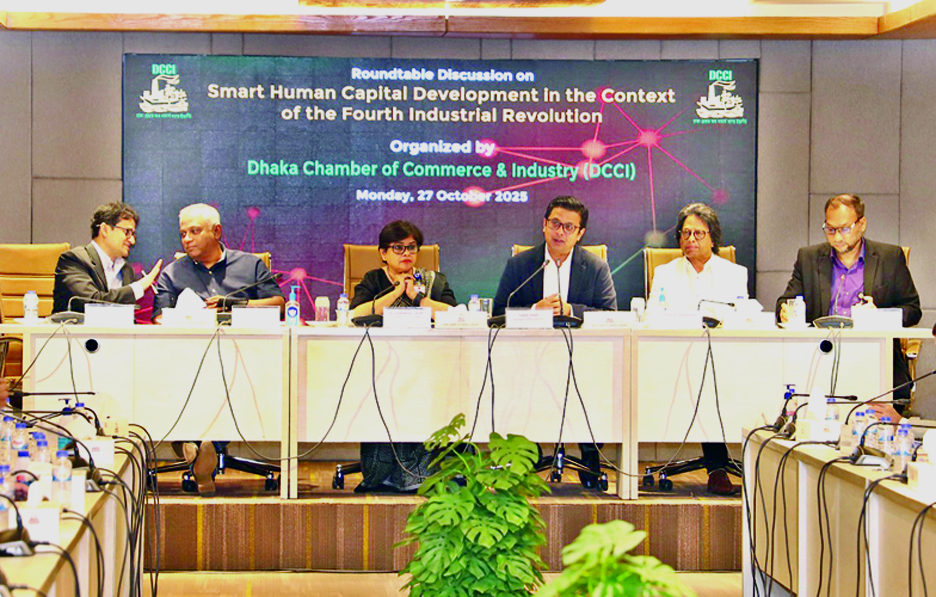Speakers at a seminar emphasised the need for responsible water management and the shared responsibility of stakeholders—including government, industry, and development partners—to integrate water stewardship into Bangladesh’s sustainable industrial development strategy.
Participants called for greater investment in water efficiency, recycling, and rainwater harvesting, as well as measures to reduce freshwater extraction.
The remarks were made at a national workshop titled ‘Building Water Resilience: Insights from the AWS Collective Action Accelerator,’ held at the Radisson Blu Water Garden Hotel in Dhaka on October 29.
Organised by the Alliance for Water Stewardship (AWS), the event brought together representatives from government agencies, global brands, textile suppliers, NGOs, and development partners to discuss the future of corporate water stewardship in Bangladesh’s textile industry.
Supported by Primark, the AWS Collective Action Accelerator (CAA) is a two-year initiative engaging 16 textile manufacturing sites in Dhaka to implement and advance the internationally recognised AWS Standard.
The programme has strengthened water governance, efficiency, and quality management at participating sites while fostering collaboration within the catchment area to build shared water resilience.
Shahid Kamal, Country Coordinator of AWS Bangladesh, said at the opening session that the participating sites had demonstrated how industrial growth and responsible water use could go hand in hand.
He said that their progress proved collective action was not just an ideal but a practical path to securing water for business, people, and nature.
The workshop also featured virtual remarks from Ashish of the AWS Global Team, who highlighted Bangladesh’s progress within AWS’s global mission covering more than 100 priority basins.
He announced the launch of a second Bangladesh Accelerator batch in 2026, alongside plans for a National Water Stewardship Forum to sustain multi-stakeholder collaboration.
A high-level panel discussion brought together representatives from WARPO, Dhaka University, the Netherlands Embassy, textile factories, and the World Bank’s 2030 Water Resources Group.
The session focused on strategies to advance corporate water stewardship and ensure sustainable water management across the industry.



